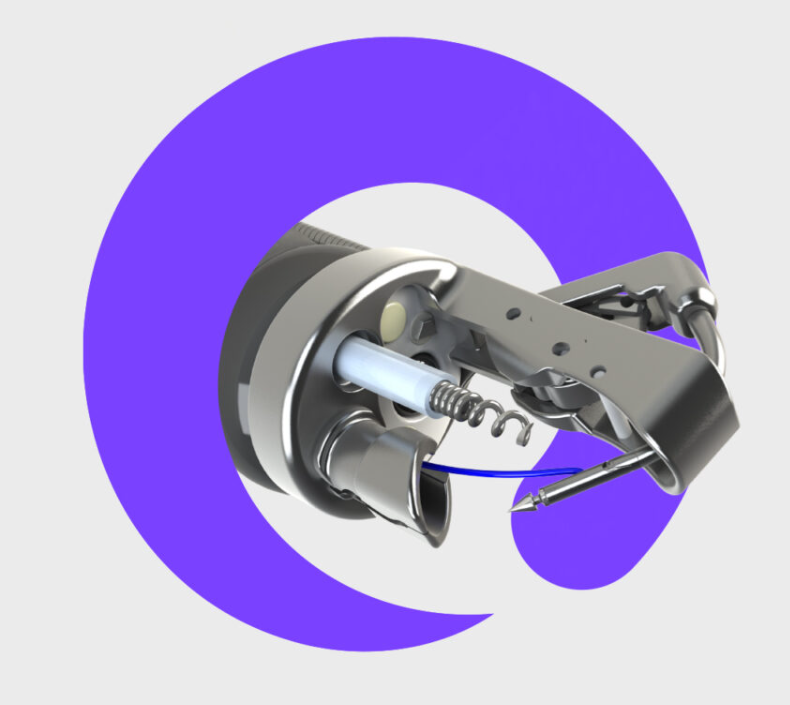Endoscopic Sleeve Gastroplasty
Endoscopic sleeve gastroplasty (ESG) is one of the most effective minimally invasive procedures used for weight loss. ESG involves reducing the size of the stomach using an endoscope and special overstitch sutures to create restrictive effects on the stomach. Aim of the procedure is to reduce stomach capacity, leading to a feeling of fullness with smaller meals, thus promoting weight loss. It’s important to consult with a bariatric surgeon to determine if these procedures are suitable for individual circumstances and to discuss potential risks and benefits.

Both laparoscopic gastric sleeve surgery and endoscopic sleeve gastroplasty (ESG) are effective weight loss procedures, but they differ in terms of invasiveness and long-term outcomes.
Laparoscopic gastric sleeve surgery, also known as sleeve gastrectomy, is a surgical procedure that involves removing a large portion of the stomach to create a smaller, sleeve-shaped stomach. It is typically performed through several small incisions using a laparoscope. This surgery permanently alters the anatomy of the stomach.
ESG, on the other hand, is a non-surgical procedure performed endoscopically. This technique involves reducing the size of the stomach using sutures and staples placed through the digestive tract, without any external incisions.

In terms of effectiveness, laparoscopic gastric sleeve surgery has been extensively studied and has shown significant weight loss results in the long term. It can lead to substantial weight loss and improvement in obesity-related health conditions.
ESG is a newer procedure, and although it has shown promising results in short-term weight loss, there is less long-term data available compared to gastric sleeve surgery. It may be a suitable option for individuals who are not candidates for surgery or prefer a less invasive approach.
Ultimately, the choice between the two procedures depends on various factors, including the individual’s medical history, body mass index (BMI), preferences, and the advice of a healthcare professional. It’s strictly necessary to consult with a bariatric surgeon who can evaluate your specific situation and recommend the most appropriate treatment option for you.

Treatments
Contact Us
-
Phone: +90-532-381-19-59
- Whatsapp: +90-532-381-19-59
- info@drburakkavlakoglu.com
